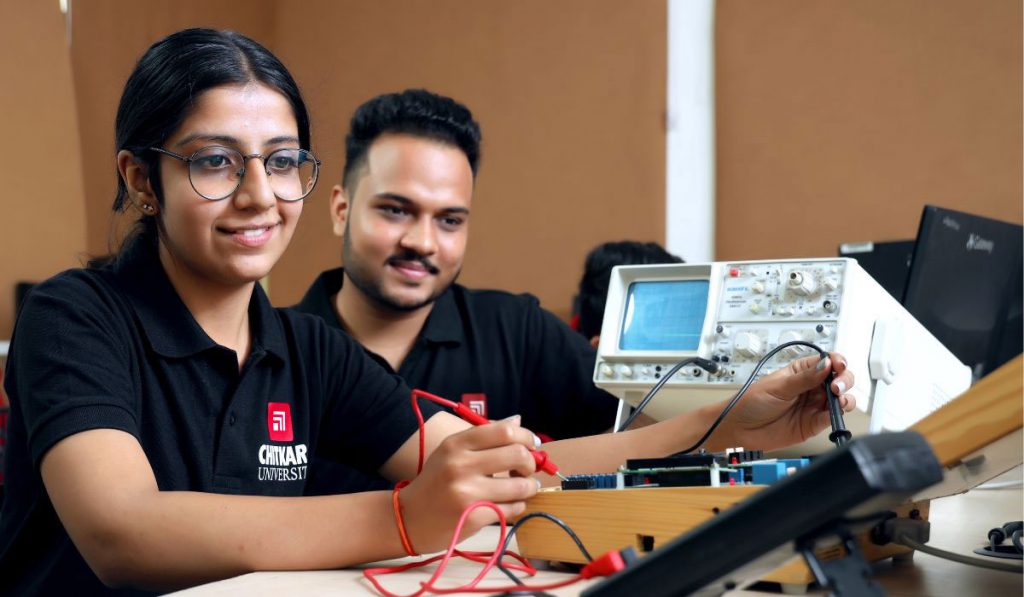Electronic devices have become an integral part of our daily lives. From smartphones to laptops, from televisions to refrigerators, electronic devices have revolutionized the way we live, work, and communicate. But who invented electronic devices? In this article, we will take a comprehensive look at the evolution of technology and the inventors who made it possible.
The Beginning of Electronic Devices
The history of electronic devices dates back to the late 19th century when scientists discovered the properties of electricity. In 1875, Thomas Edison invented the first electric light bulb, which marked the beginning of the electrical era. In 1887, Heinrich Hertz discovered electromagnetic waves, which paved the way for the development of radio communication.
The Birth of Electronic Devices
The first electronic device was the vacuum tube, which was invented by John Ambrose Fleming in 1904. The vacuum tube was used in early radios and televisions to amplify and control electrical signals. In 1907, Lee De Forest invented the triode, which was an improved version of the vacuum tube and allowed for better amplification of electrical signals.
The Rise of Transistors
In 1947, William Shockley, John Bardeen, and Walter Brattain invented the transistor, which revolutionized the electronics industry. The transistor was smaller, more reliable, and more efficient than the vacuum tube, and it paved the way for the development of modern electronic devices. The transistor was used in early computers, radios, and televisions, and it is still used in many electronic devices today.
The Age of Integrated Circuits
In the 1960s, the integrated circuit was invented by Jack Kilby and Robert Noyce. The integrated circuit was a small chip that contained multiple transistors, resistors, and capacitors, and it allowed for the creation of complex electronic devices. The integrated circuit was used in early computers, calculators, and other electronic devices, and it is still used in many modern electronic devices today.
The Future of Electronic Devices
The evolution of electronic devices has been rapid and continuous, and it shows no signs of slowing down. The future of electronic devices is likely to be dominated by artificial intelligence, the internet of things, and other emerging technologies. As electronic devices become more advanced and interconnected, they will continue to transform the way we live, work, and communicate.
In conclusion, the evolution of electronic devices has been a long and fascinating journey, and it has been driven by the ingenuity and creativity of many inventors. From the vacuum tube to the integrated circuit, from the transistor to the smartphone, electronic devices have come a long way, and they have changed the world in countless ways. As we look to the future, we can only imagine what new inventions and innovations will emerge, and how they will shape our lives in the years to come.

